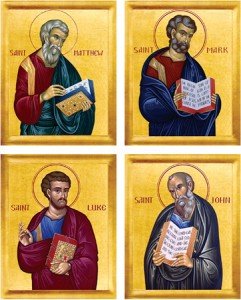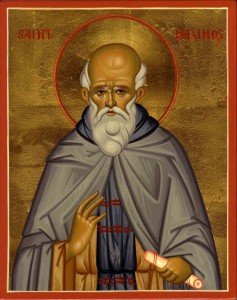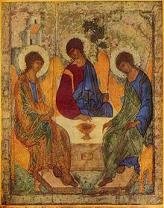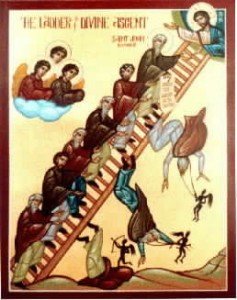 A “gospel” is a new kind of literary form. There is nothing quite like it outside of the New Testament (NT). The later apocryphal gospels, works for the most part of Christian piety, are pale reflections of the real thing (the term ‘apocryphal’ means that they are not Scripture). Our gospels are a mixture of narrative and discourse, centered on the person, life and teachings of Jesus of Nazareth, with special emphasis on his death and resurrection. The gospels are documents that are both historical and religious – and there ought not to be a division between ‘fact’ and ‘interpretation.’ Indeed, interpretation is certainly necessary if an occurrence, that is what happens, is to have meaning and impact. And the interest and meaning which an event bore for those who were conscious of it as event and felt its impact becomes part of the event, and therefore becomes historical in its turn. The evangelists presented the ‘facts’ with the intention of bringing out the meaning which the events had for those who encountered them. They set out to voice the faith of the early Church. The very nucleus of that faith was that the crucified Jesus had risen from the dead.
A “gospel” is a new kind of literary form. There is nothing quite like it outside of the New Testament (NT). The later apocryphal gospels, works for the most part of Christian piety, are pale reflections of the real thing (the term ‘apocryphal’ means that they are not Scripture). Our gospels are a mixture of narrative and discourse, centered on the person, life and teachings of Jesus of Nazareth, with special emphasis on his death and resurrection. The gospels are documents that are both historical and religious – and there ought not to be a division between ‘fact’ and ‘interpretation.’ Indeed, interpretation is certainly necessary if an occurrence, that is what happens, is to have meaning and impact. And the interest and meaning which an event bore for those who were conscious of it as event and felt its impact becomes part of the event, and therefore becomes historical in its turn. The evangelists presented the ‘facts’ with the intention of bringing out the meaning which the events had for those who encountered them. They set out to voice the faith of the early Church. The very nucleus of that faith was that the crucified Jesus had risen from the dead.
The NT is all about a person whose role in history has been and is remembered by those who believed and believe that He was and is a very special person and also uniquely connected to God. The starting point for an account of the mission of Jesus is his encounter with John the baptizer: the call which Jesus experienced when he was baptized by John. Jesus was conscious of being authorized to communicate God’s revelation because God had made himself know to him as Father. His ‘Abba’ as a form of address to God truly expressed the mystery of the mission of Jesus. At his baptism he came to understand his mission as Messiah, Son of God and Servant of the Lord, in the power of the Spirit albeit, he would not have thought of God in these particular terms in the same way that we do.
Like John, Jesus truly understood that he must refocus those of the Jewish faith by telling them that the Kingdom was at hand and that the way they lived and their attitudes about others was and is important. Like the prophets before him, Jesus called people to personal change.






